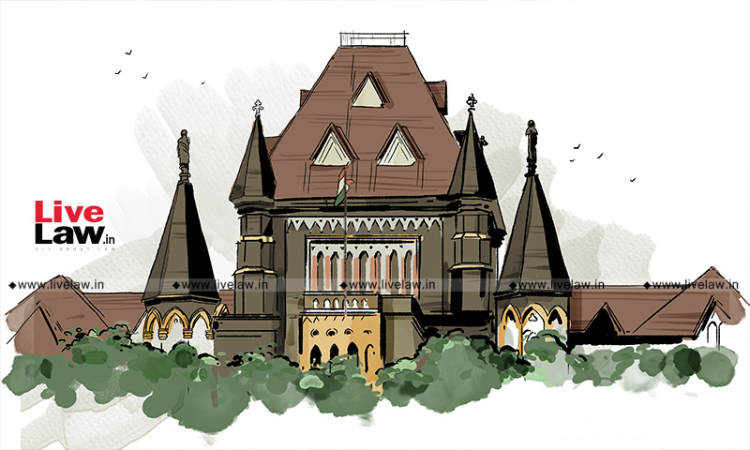File Notings Made By Judges In Administrative Meetings Exempt From Disclosure Under RTI Act: Bombay High Court
LIVELAW NEWS NETWORK
6 April 2022 11:56 AM IST

Next Story
6 April 2022 11:56 AM IST
The Bombay High Court recently observed that file notings made by Judges in administrative/ committee meetings are exempted from disclosure under the RTI Act.A bench of Justices GS Patel and Madhav J Jamdar observed,"Withholding file notings is, in our view, entirely salutary. This is required for the better administration of justice. The actual material may be disclosed pursuant to an...
